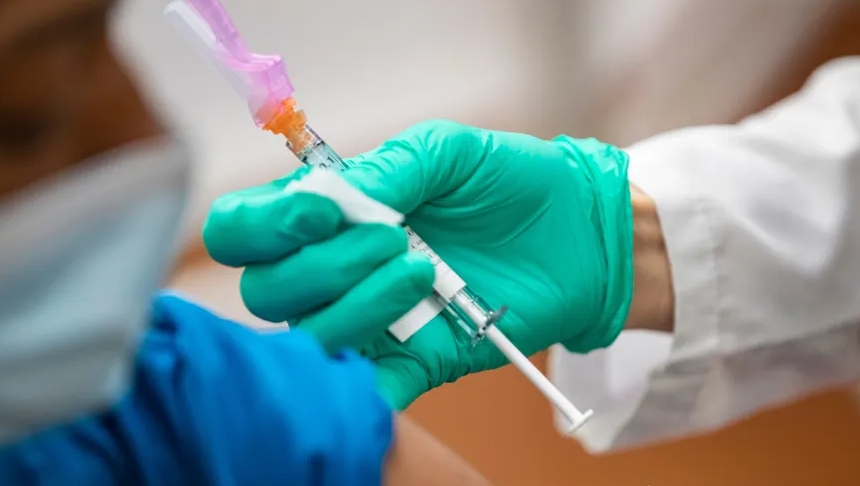Several regional health departments in the United States are stepping back from COVID-19 vaccination efforts, marking a shift in public health strategy in some states. The Southwest District Health in Idaho, located outside of Boise, voted on October 22 to halt its COVID-19 vaccination program after board members raised concerns about the vaccine’s safety. This decision comes as part of a growing trend among regional governments that are resisting federal vaccine recommendations.
Similar actions have been seen in other states, including Texas, Florida, and Michigan. In Texas, state policymakers banned health departments and other state-funded organizations from using public funds to promote COVID-19 vaccinations. In Florida, the Department of Health issued a cautionary note in September, advising against the use of mRNA COVID-19 vaccines after state Surgeon General Joseph Ladapo recommended people avoid them in 2023.
In Michigan, Ottawa County commissioners voted in September to reject a $900,000 federal grant for their health department. Joe Moss, the chair of the commission, expressed opposition to accepting COVID-related grants, citing concerns about the use of funds. This move followed a year of local protests after proposals to cut funding to health services.
These decisions are raising alarms among public health experts, who worry that halting vaccination programs could undermine broader efforts to manage the pandemic and reduce access to crucial health services.







